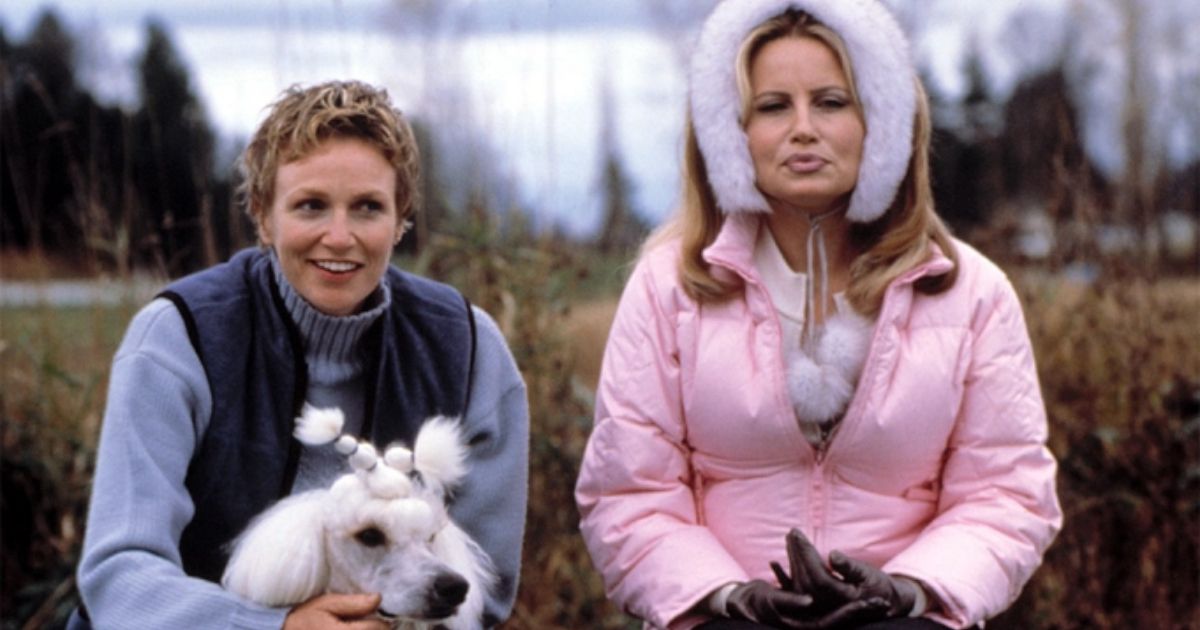
Mockumentary has existed, for the last 50 years, as primarily an avenue for comedy. Since Federico Fellini had the innovative idea of turning a spoof film into a documentary-style feature, comedy writers have seen the genre as an untapped mine for an inherently funny approach to narrative. By combining the realistic format with absurdist concepts, filmmakers have been able to unlock new types of mockumentary concepts like found footage films, mock news films, fake talking head interviews and spoof sporting events. Certain filmmakers, like Christopher Guest, have made mockumentary their primary language for improvisation, while others have pulled the concept more towards scripted horror and action films.
While the portmanteautitle of the genre suggests that such a film always mocks its subject(s), they are often simply paying homage through the use of comedy or other means to mirror or heighten real-life scenarios. While Fellini is given credit for the creation of this branch of filmmaking, many have suggested that its modern incarnation owes more to This is Spinal Tap than any other single film. Christopher Guest starred in the film, then extended it with his own directing in a way that has been imitated so much, it’s even crossed into network television shows like The Office and HBO’s innovative series The Larry Sanders Show. Still, film remains the primary domain for the genre, and the following are the greatest mockumentaries ever made.
19 The Last Polka
An early made-for-cable HBO film, The Last Polka caught John Candy, Rick Moranis, Eugene Levy, and Catherine O’Hara early in their ascendance, while they were still bridging SCTV into shows and films for American television. The Last Polka spoofs Martin Scorsese’s The Last Waltz, a concert film about the final show for legendary Canadian-American rock group The Band. Here, the shift was making a documentary that profiled a polka ensemble, The Shmenges, in their last act. The comedy duo was created for an SCTV sketch, making this an early attempt at franchising sketch characters into a feature format, albeit for Cable TV. Between this film and Weird Al Yankovic’s oeuvre, we’ve learned over the years that polka and comedy are like peas and carrots.
18 A Mighty Wind
Christopher Guest has had several of the most successful mockumentaries, comedy-wise, and was deep into his bag when he made A Mighty Wind. Like The Last Polka, A Mighty Wind incorporates music to hilarious effect, profiling a number of folk music groups like The Folksmen and Mitch & Micky, lampooning these gentle, peace-loving tree-huggers. Highlights include fake interviews with John Michael Higgins as porn-star-turned-folkie Terry Bohner, and Harry Shearer in one of his funniest performances outside of The Simpsons. What’s so enjoyable about Christopher Guest’s work, and this film in particular, is the amount of improvisation by this group of comedy Avengers. You can imagine the laughs between takes and how collaborative a working environment it is when these improv heavyweights coalesced.
17 Incident at Loch Ness
Besides some high profile writing credits for superhero films like The Incredible Hulk and The Avengers, Zak Penn has a penchant for making experimental mockumentaries like Incident at Loch Ness. In this case, the film is an innovative approach that mimics a real-life documentary searching for the Loch Ness Monster. Penn made it unclear to participants like director Werner Herzog what the nature of the film was, as Herzog was (possibly) making his own documentary on the subject. The competing narratives can make your head spin, but some suspenseful comedic moments and hilarious practical effects bring the movie to life.
16 District 9
Neil Blomkamp’s 2009 science-fiction film District 9 mixes found footage, newsreels and security cameras to create a God’s-eye view of a high-tech action film. Producer Peter Jackson brought big budget know-how from his storied career making The Lord of the Rings franchise, elevating Blomkamp’s cyberpunk robotic designs. This film is set in 1982 in South Africa during an invasion of aliens who are restricted to camps that smack of the West Bank and apartheid era-slums in Johannesburg. The film’s unique take on invasion films and its inventive technique for using different types of cameras to create a fly-on-the-wall experience kept the spirit of mockumentary alive in the film, if the subject happened to diverge from typical features of this type.
15 CB4
Chris Rock got his first leading role playing an Eazy-E spoof rapper named MC Gusto in the off-the-wall comedy CB4. The film essentially took the Spinal Tap format of a fake rock doc and injected some Gangsta Rap comedy. Rock’s character is actually a suburbanite kid who creates the rapping character to generate enough street cred for the group to take off. Hilarious slapstick and appearances by Charlie Murphy and Phil Hartman help the movie along. The film’s highlights are the live performances of spoof N.W.A. songs like “Straight Outta Locash”, and amazing 90s celebrity cameos from Shaquille O’Neal and Halle Berry.
14 Best in Show
Another of Christopher Guest’s mock-u-masterpieces, Best in Show, has built-in laughs with a fake doc about the Mayflower Kennel Club Dog Show, and the whacky dog breeders who enter their beloved canines. Jennifer Coolidge gives one of her always-great performances as Sherri Ann Cabot, though it would be another 20-or-so years until The White Lotus got her wider notice. Parker Posey’s turn as a distraught dog mom who has her Weimaraner in family therapy gives us the movie’s tragicomic apex for these obsessive dog owners. A rewatch will surely make you mourn the passing of Fred Willard, as a Bob Uecker-esque color commentator for the “sporting” event. Willard was one of those comedic actors never properly appreciated during his time, and Guest’s films show all of his brilliance and comedic timing at its peak.
13 The Grand
The Grand didn’t exactly yield the greatest viewing experience (particularly if you saw it in theaters), but deserves inclusion here for Zak Penn’s unique, experimental approach to mockumentary. This all-star cast, including Woody Harrelson and David Cross, were given basic outlines of their characters, then asked to play a real-life poker tournament against one another and some famous card sharks, while completely improvising their scenes. Penn was truly ambitious to attempt this, and the movie’s enduring quality is seeing these acting heavyweights essentially doing an improv sketch for two hours. Ironically, Director Werner Herzog ended up with the funniest performance playing the film’s villain, The German, to hilarious effect.
12 Brüno
Sacha Baron Cohen’s man-with-a-microphone routine has yielded more cringe-worthy laughs than maybe any other actor to use the format of mockumentary. With Brüno (born out of Da Ali G Show), he seemed hellbent on offending anybody who dared get in front his mic. Still, there is a method to this madness, and Baron Cohen’s genius is using his comedy to expose people for their bigotry. In this case, he destroys the fashion industry and Hollywood, getting one fashion show attendee to say that designers are more important than doctors, then getting Paula Abdul to agree to sit on some “chair people” for an interview, before nearly eating sushi off of one of them. We’re led to conclude that this is the type of self-indulgence and narcissism we should expect from the wealthy and famous. If you can stand the discomfort, this is one of Baron Cohen’s best.
11 The Rutles
The brainchild of Monty Python member Eric Idle, The Rutles was a made-for-TV film lampooning England’s most famous band, The Beatles, with a series of sidesplitting sketches that called to light plenty of rock star hypocrisy. What’s ironic, in retrospect, is the fact that the fictionalized versions of the Sgt. Pepper musicians weren’t that far off from the extravagant lives of the real life band. The film gives us some of the greatest cameos ever in a comedy from the likes of Mick Jagger and performances by SNL cast-members John Belushi, Bill Murray and Dan Aykroyd, who were early in their ascendance to massive fame and acclaim.
10 Bob Roberts
The rare mockumentary about politics, Bob Roberts seems to become more relevant with every passing year, as Tim Robbins’ conservative Republican character seems prescient as it now relates to Trump-era politics and their racial and economic implications. It’s always a good watch during election season, and Veep has borrowed heavily from this film’s approach, which caught a young Tim Robbins during his incredible early 90s run of films, including The Hudsucker Proxy and The Shawshank Redemption. Bob Roberts put a mirror to American politics, riffing on crossover politicians (seemingly based on Ronald Reagan) who signaled a changing of the guard, when voting became more about popularity and likability than political platforms. In this case, truth is stranger than fiction, as the last decade’s worth of real-life election seasons have and made Bob Roberts seem comparatively tame.
9 What We Do in the Shadows
What We Do in the Shadows is a leading example of the many mockumentaries that spoof genre films, in this case the vampire movies and shows that saw a resurgence after Twilight and True Blood brought them back to the fore in the 2000s. Jemaine Clement, of Flight of the Conchords fame, was already a proven comedic commodity, but few movie watchers outside of New Zealand knew about the immense talents of Taika Waititi until this film found a cult following among American audiences. Waititi co-wrote and co-directed the film with Clement, and provides the movie’s funniest moments in his acting performance as the vampire Viago. Within a few years this film got franchised into a series and Waititi was directing Thor: Ragnarok, becoming one of the most sought-after directors in Hollywood.
8 Borat
Not enough has been said about Sacha Baron Cohen’s acting skill over the years — specifically his ability to keep in character during real-life interactions, while producing some of the funniest interview moments of the last two decades. His background in clown school may account for that talent, which was put to its greatest test in Borat, as the actor duped unsuspecting Americans into believing they were truly talking to a Kazakh reporter. In the process, he highlighted issues from anti-Semitism to American patriarchal jingoism in a way that no other actor on Planet Earth could. His guerilla-filmmaking tactics produced one of the funniest and arguably most-experimental approaches to mockumentary, essentially combining it with verite to uproarious laughter from audiences worldwide.
7 Fear of a Black Hat
Rusty Cundieff used the language of This is Spinal Tap to create his own, rap-laced version of a music mockumentary with Fear of a Black Hat. The film parodies socio-political rap groups like Public Enemy, simultaneously undermining them with a rap group whose cause célèbre is….big hats? The absurdism is the movie’s greatest quality, and it was refreshing to see mockumentary brought to Rap music for the first time, with Cundieff parlaying the cult film into the Tales from the Hood franchise and some notable work on Chappelle’s Show.
6 Man Bites Dog
Sometimes mockumentaries can get pretty dark, and Man Bites Dog fits squarely into that category. The Belgian film follows a serial killer along his murderous path, presented as a documentary and challenging the audience’s notions about what can and should be satirized. This is a film that is, at times, borderline offensive, but deserves inclusion here for a completely innovative approach to a mockumentary. It was rare back then for a comedy to ever get an NC-17 rating, owing to the differing sensibilities between American and European audiences at the time, and it may have been its presentation as a slice of reality that frayed censors’ notions of which foreign films were palatable, at the time, for American movie audiences.
5 Real Life
Albert Brooks has long pushed the boundaries of comedy writing and performance, here breaking the fourth wall and then some with Real Life, a mockumentary spoofing docs that try to enter the intimate world of a family’s home life. The film was panned by critics at the time, but has since found a cult following for all its comedic layers and the juxtaposition of roles in-front-of and behind the lens. Brooks alludes to Fellini’s I Clowns by donning a clown costume for much of the picture, becoming a costumed symbol of his character’s filmmaking impotence. The film’s crescendo, Brooks’ last-ditch effort to make an exciting ending for his documentary, is one of the most hilariously-performed scenes in the actor’s career.
4 Drop Dead Gorgeous
Beauty pageants have served as the battleground for many a classic comedy, and Drop Dead Gorgeous ranks high among them as a mockumentary with a powerhouse cast of actresses. The film was Amy Adams’ debut, ironic given how she later developed into an actor mostly known for dramatic roles, but the film was memorable for a beyond-her-years performance from a young Kirsten Dunst playing Amber, an aspiring pageant contestant traversing the pitfalls of the film’s cutthroat universe. The movie was definitely inspired by Christopher Guest’s work, but adds a lot more plot and action to the format, and is bittersweet to rewatch given the standout performances from gone-too-soon actors Brittany Murphy and Kirstie Alley.
3 Waiting for Guffman
Christopher Guest’s greatest film (and funniest performance as an actor) came in 1996 with the release of Waiting for Guffman, which wrote the book on the modern mockumentary. The film is set in the ficitonal town of Blaine, whose inhabitants are played by Guest’s regular cast of characters, all of whom are outshone by Guest’s sidesplitting performance as Corky St. Clair. The comedic ensemble play Blaine town residents aspiring to put on a musical about the town’s history, and the film is essentially a parable about unrealistically aspirant theater folk who dream of leaving their dental practices and Dairy Queen jobs to make it to Broadway. Nearly the entire cast were working character actors at the time, who clearly had a ton of familiarity with Broadway wannabes.
2 The Clowns
Federico Fellini’s The Clowns is by some measures the first mockumentary film. Rather that focusing merely on comedy, the film is part memoir, part clown documentary, and part fictional manifestation of Fellini’s real-life musings on the dying artform and death itself. It was Fellini’s first experiment in combining these different modes of filmmaking into a single feature. Fellini inserts himself into the film, as a director documenting the artform’s remaining practicioners — outsider artist’s with collapsing lives and an impending sense of doom. The fact that every mockumentary made since hasn’t even approached the amount of experimentation present in this masterpiece is testament to Fellini’s brilliance and disregard for his audience and critics. While clowns have become integral to the horror genre, in 1970 Fellini was using them as a symbol of decay, and future generations abandonment of their forebears.
1 This is Spinal Tap
Rob Reiner enjoyed a successful acting career for about 15 years prior to his bold directorial debut, This is Spinal Tap, which gobbled up influences like Monty Python’s Flying Circus and rock movies like The Last Waltz to parody the insanity of a touring metal band. Christopher Guest clearly discovered his penchant for the genre here, and gets most of the films best scenes and lines, including his famous math lesson on amps that go to eleven. The film’s absurdist approach to the vanity and insanity of rock stardom made it easily the most influential mockumentary in the comedy realm. Its DNA can be seen to this day, in the work of comedic artists like Sacha Baron Cohen and Taika Waititi, and strewn throughout nearly every comedy TV series from The Office to 30 Rock.







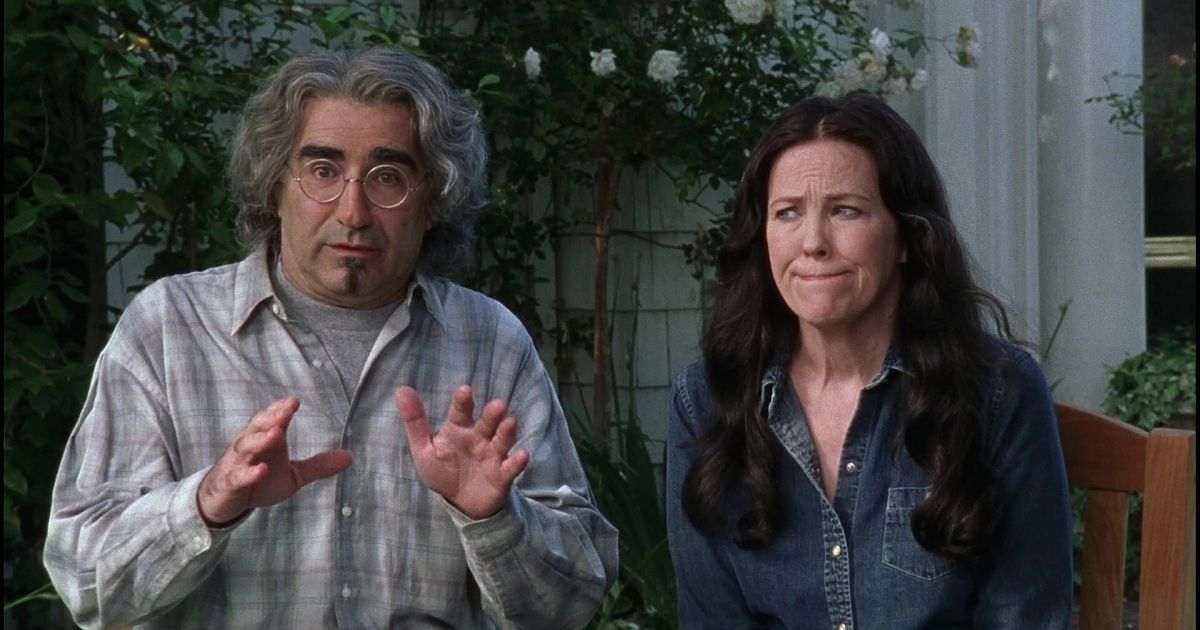
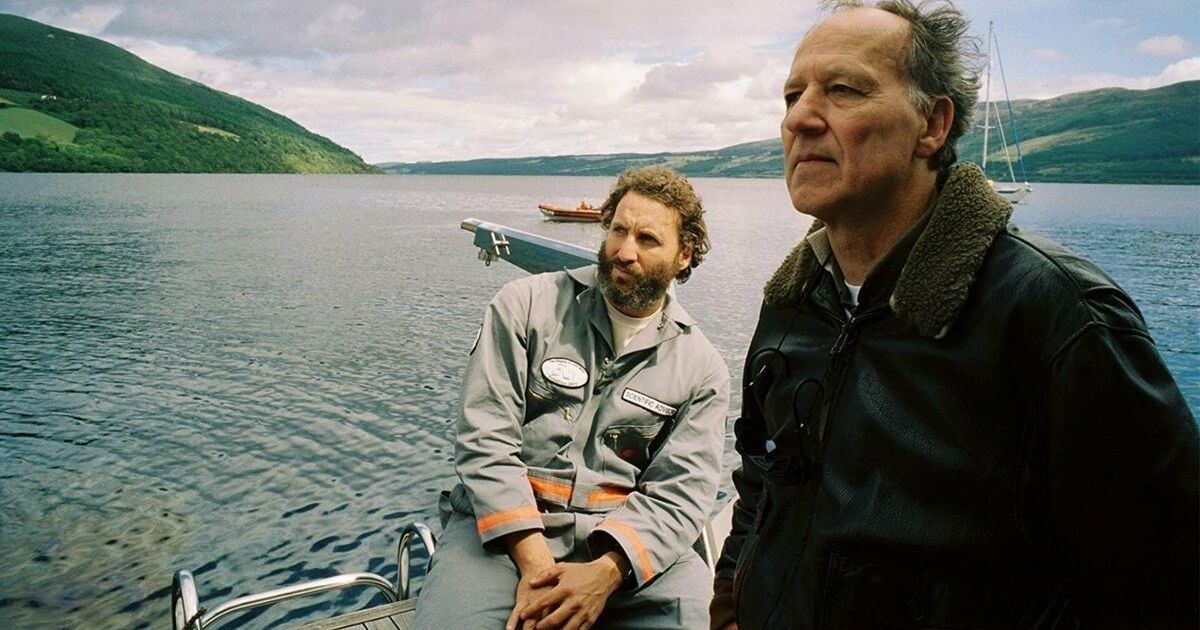
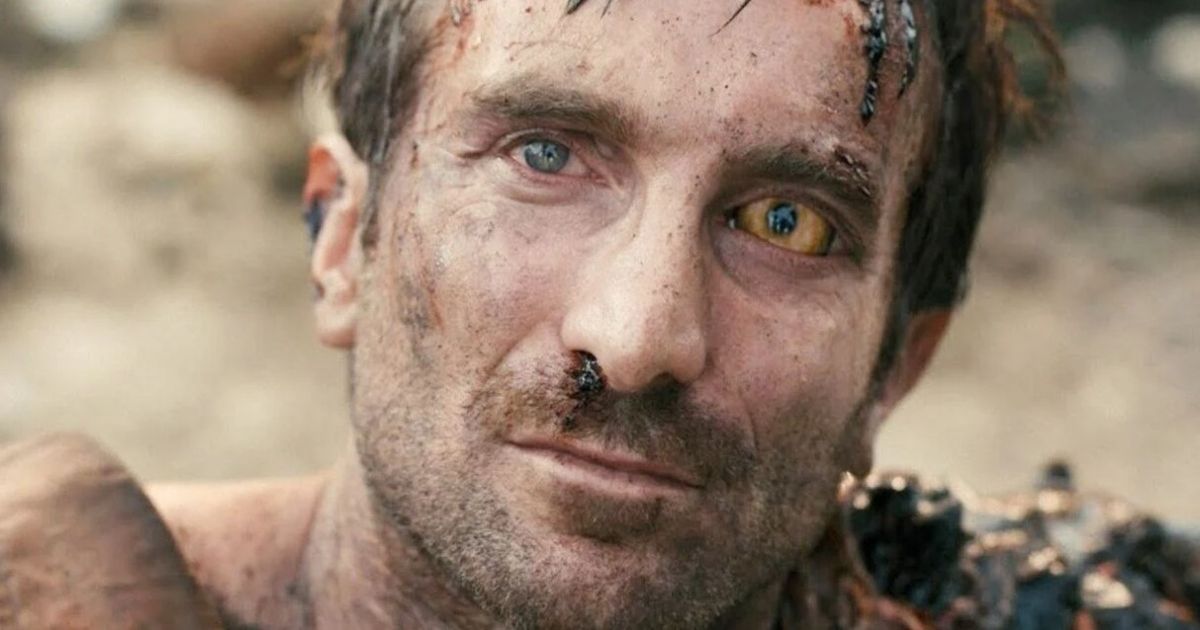
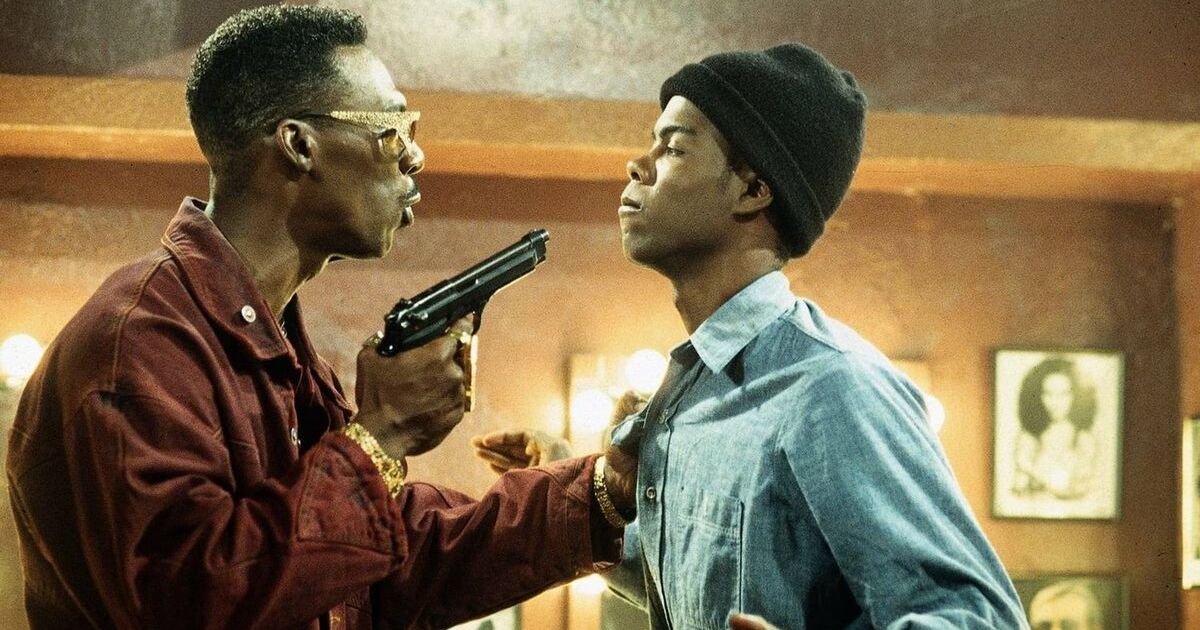
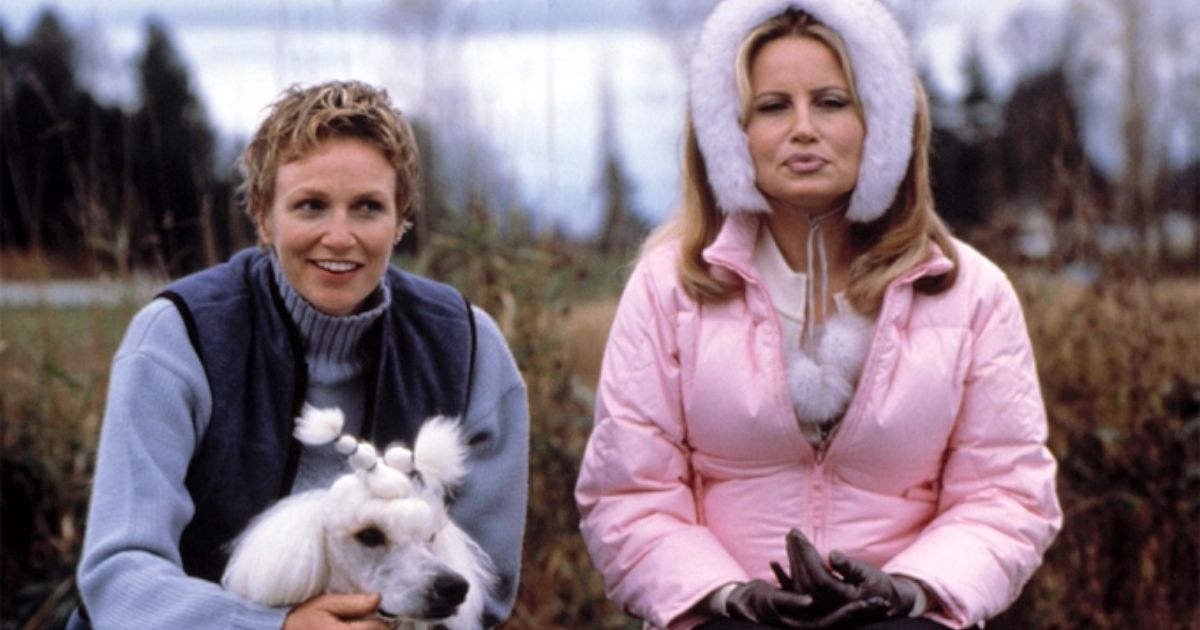
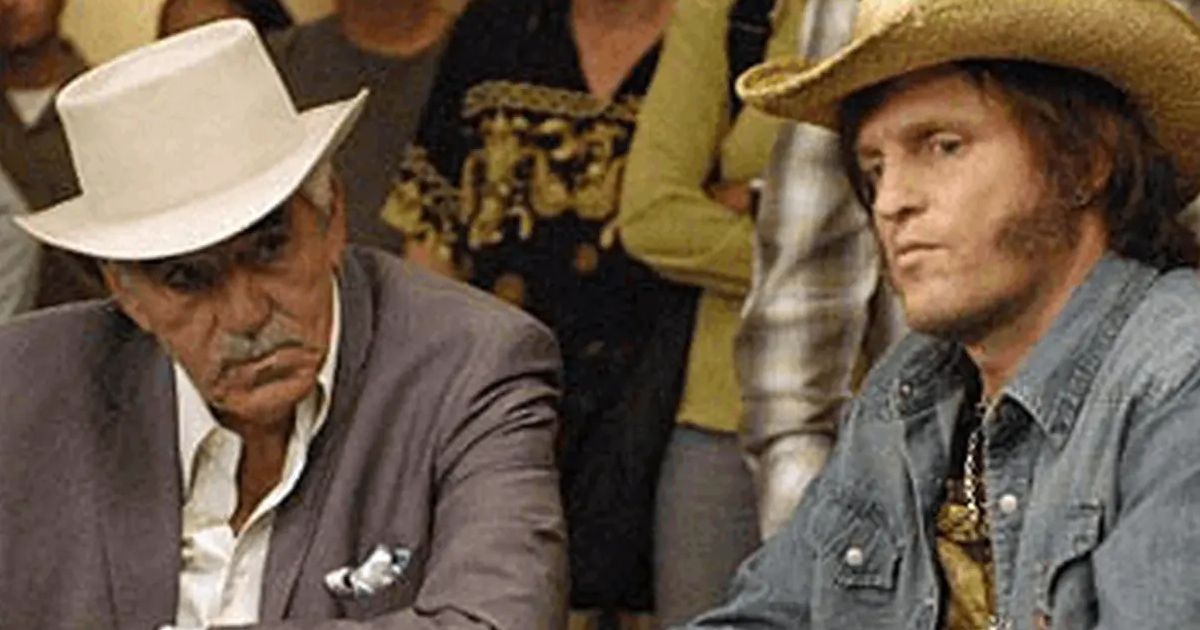
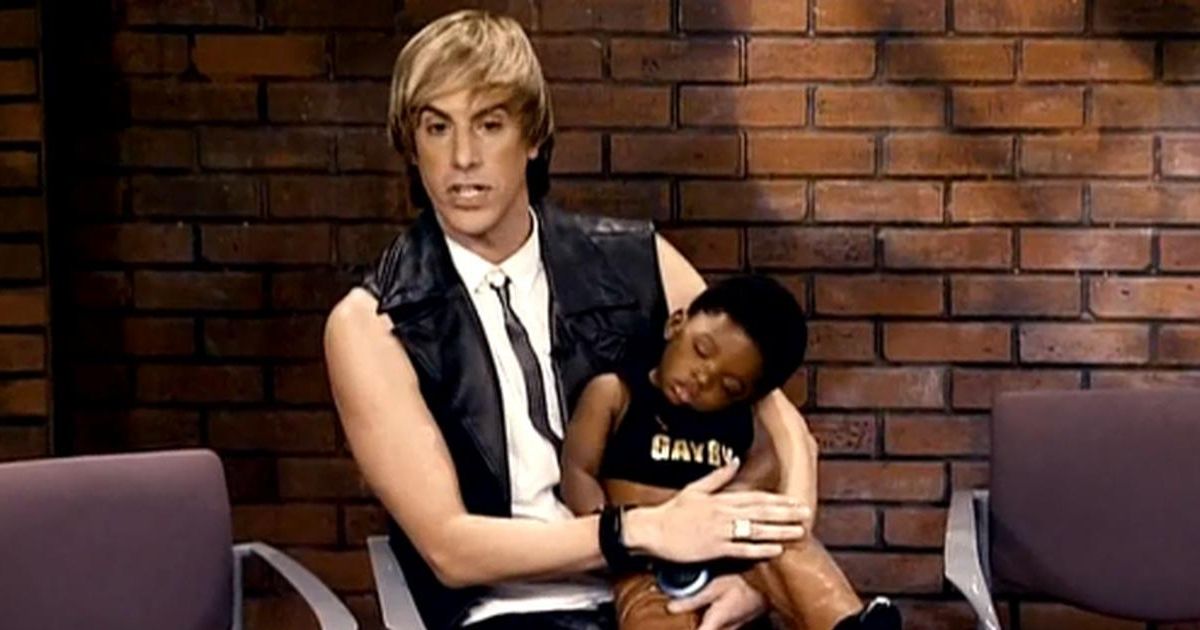
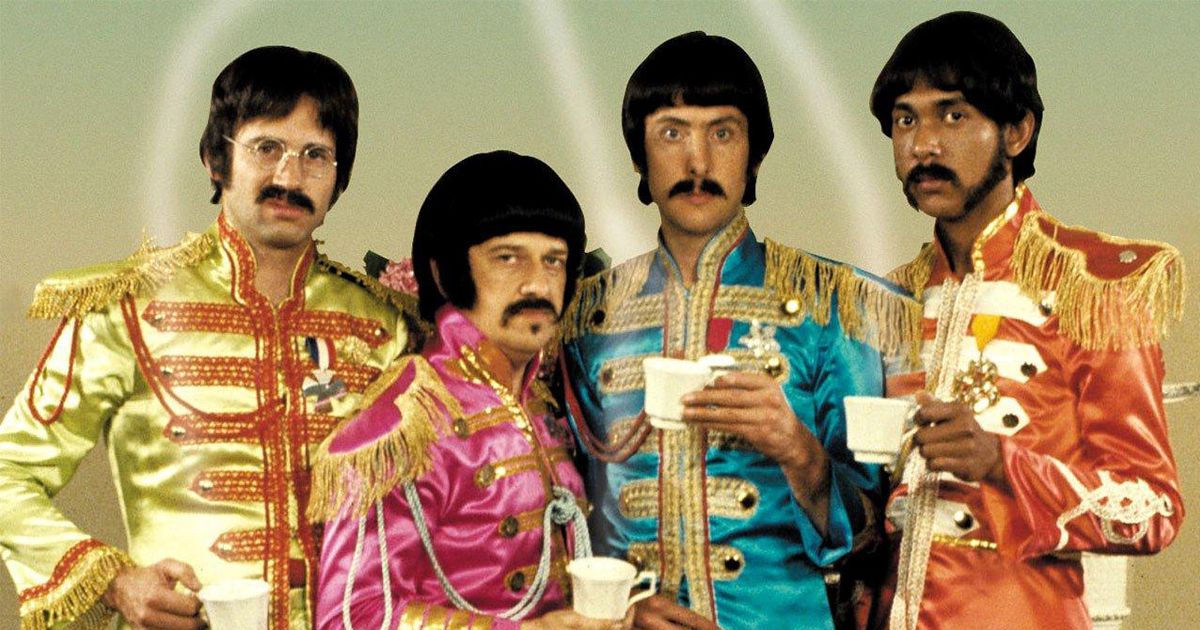
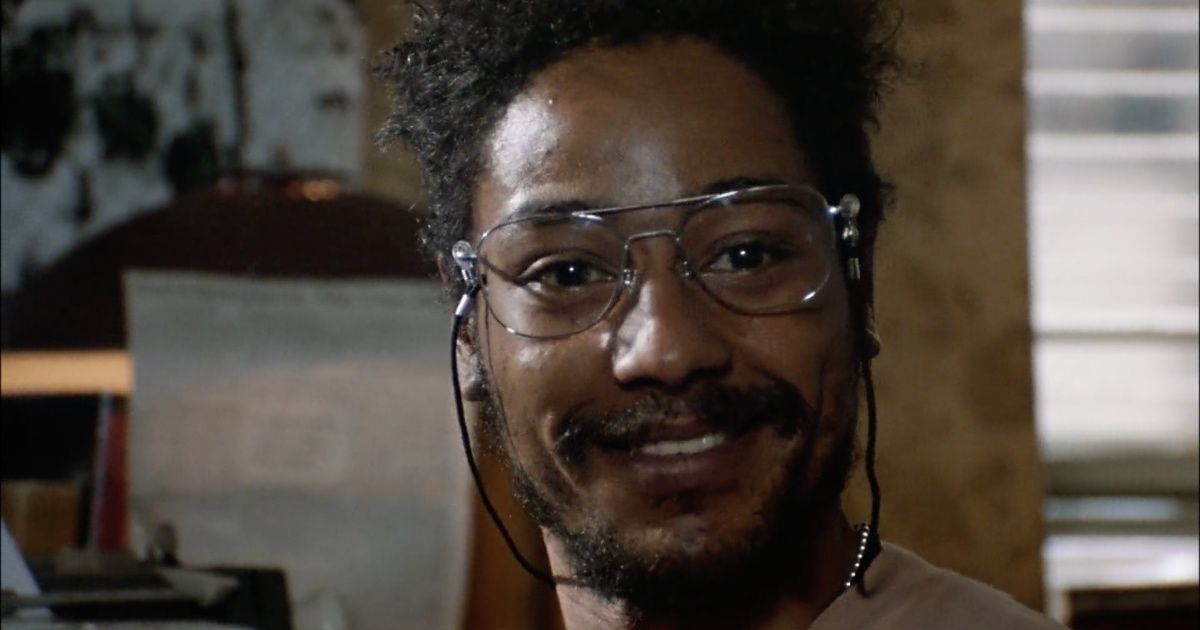
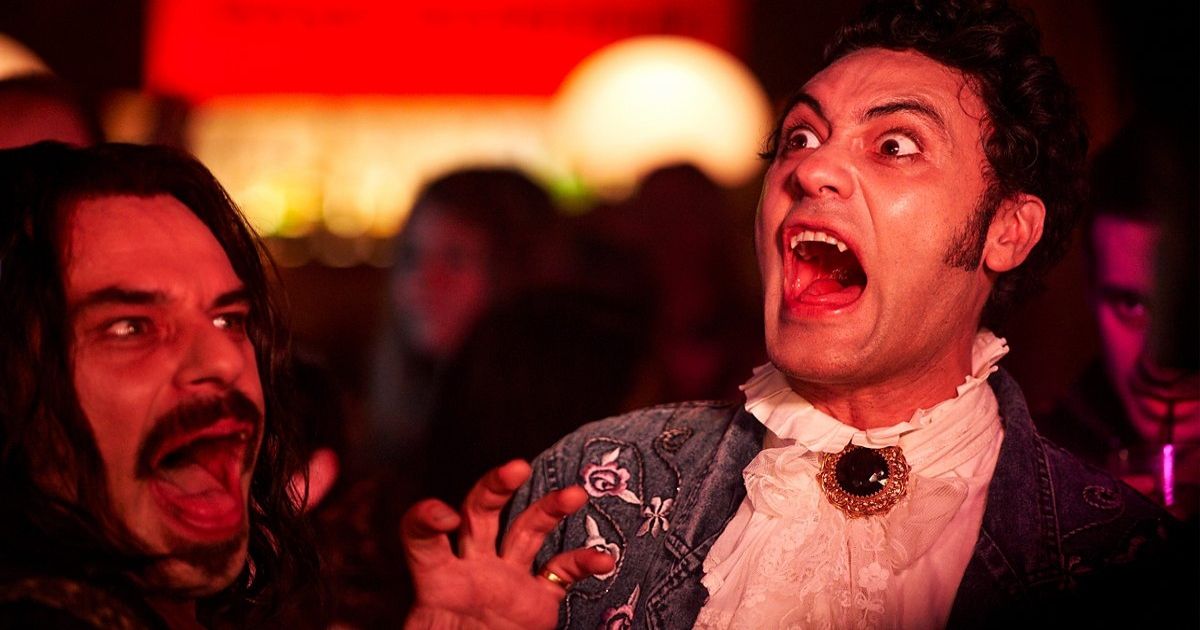
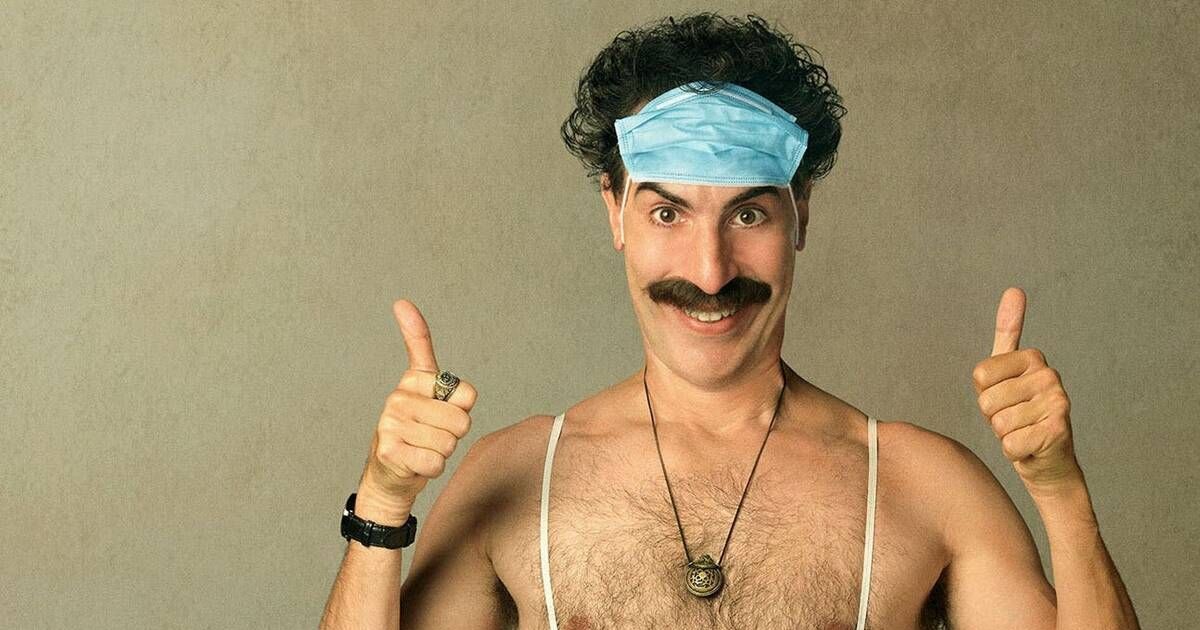
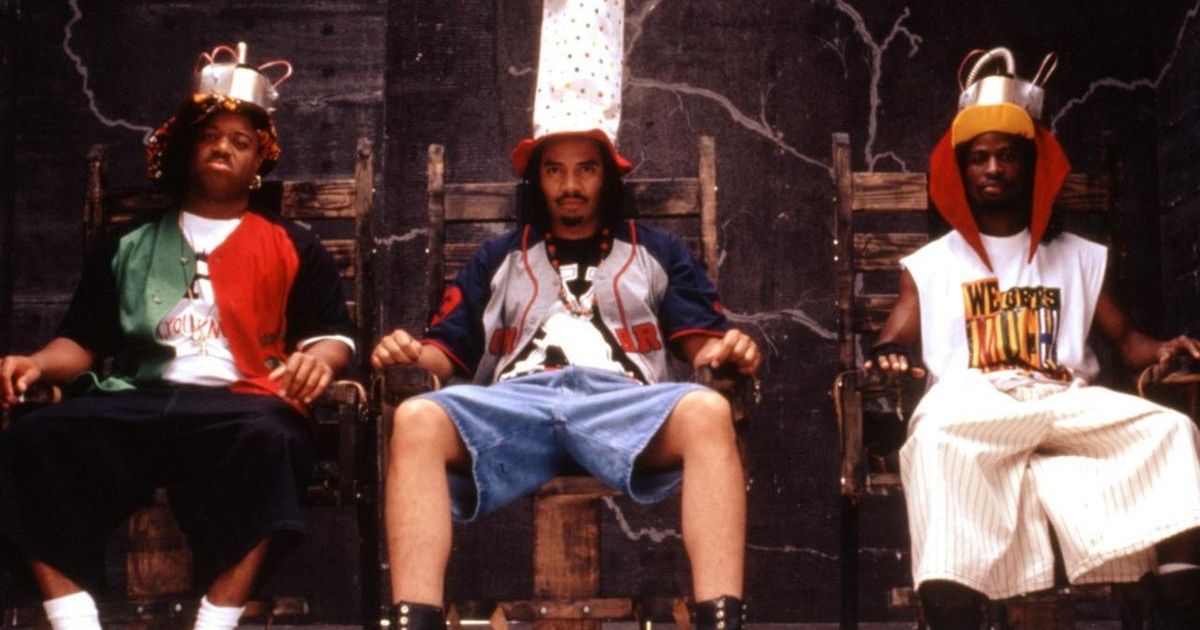
.jpg)
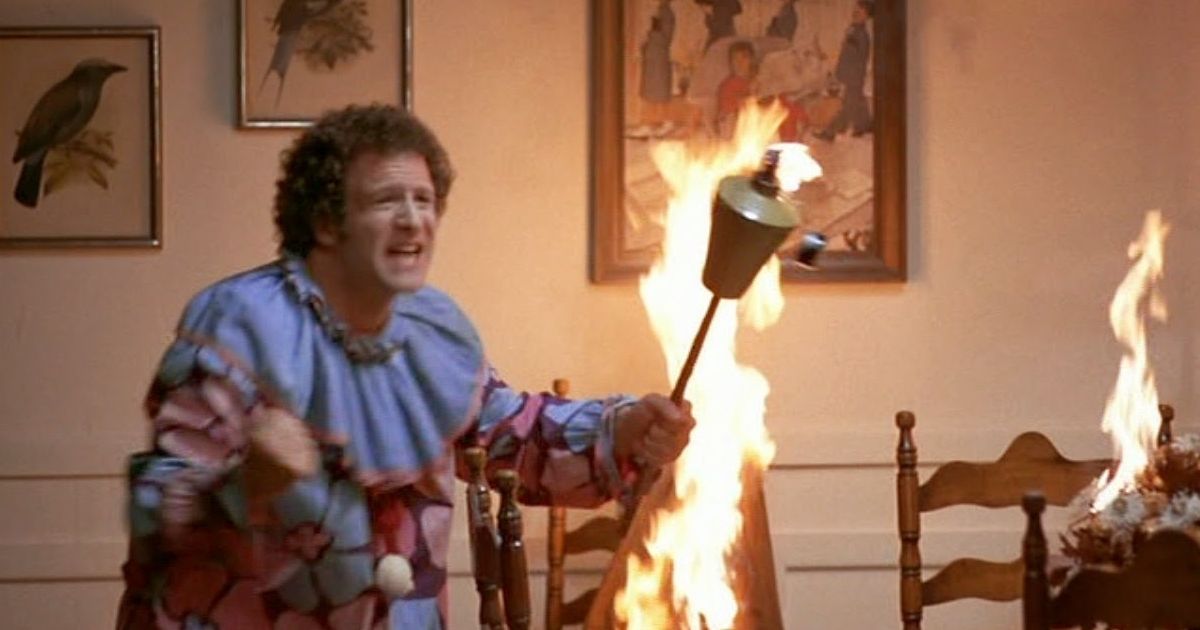
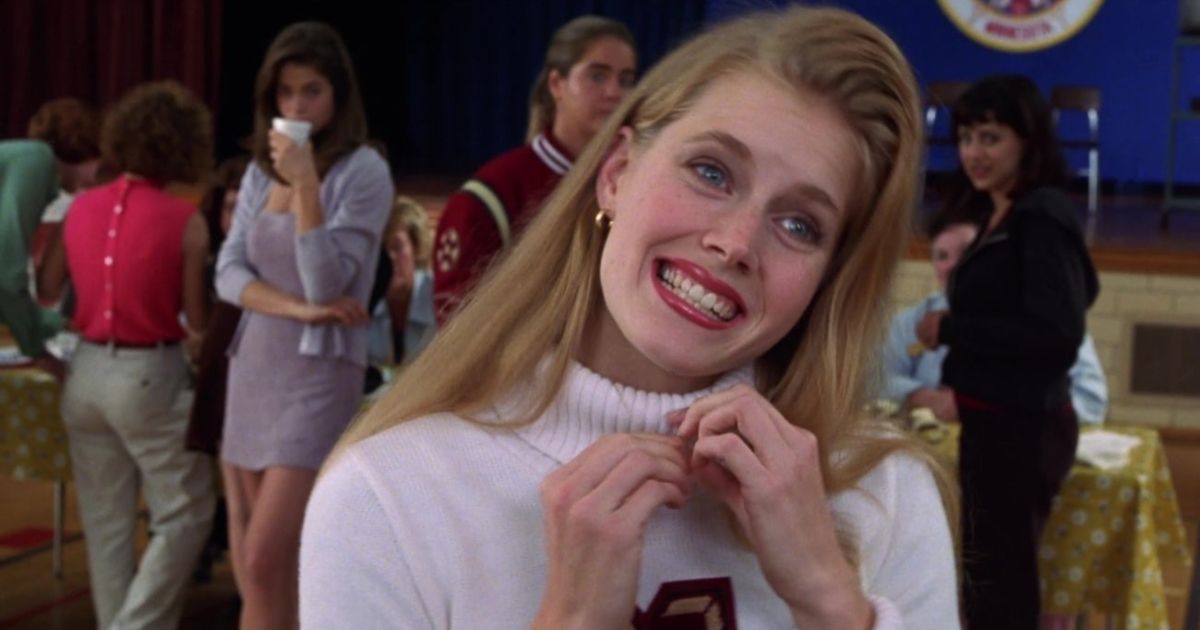
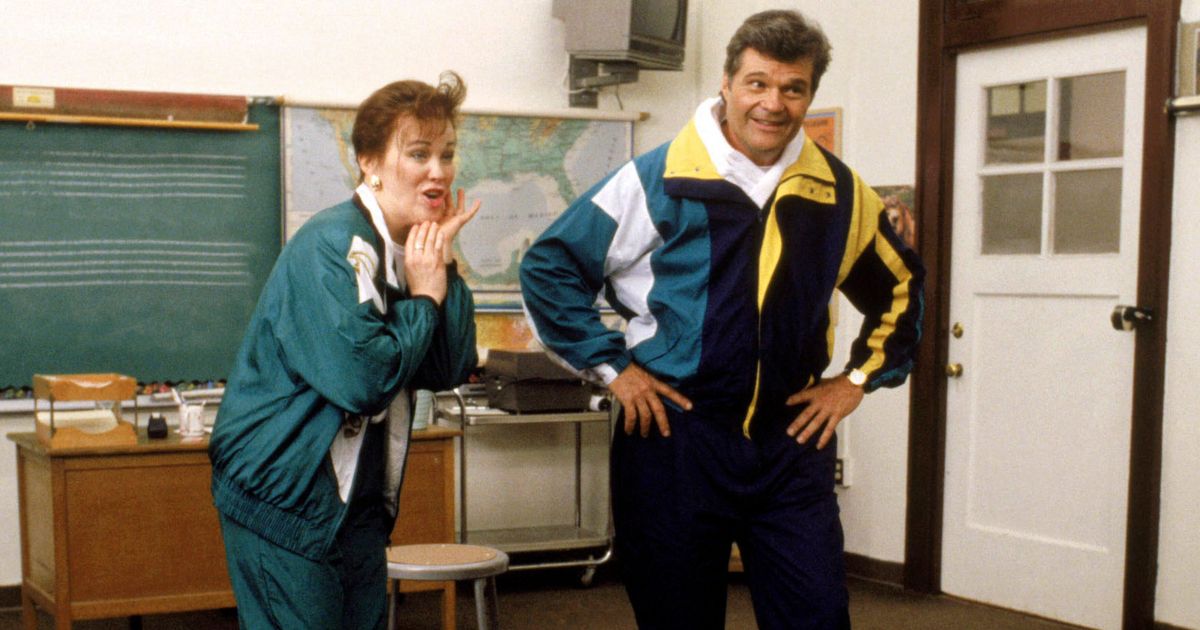
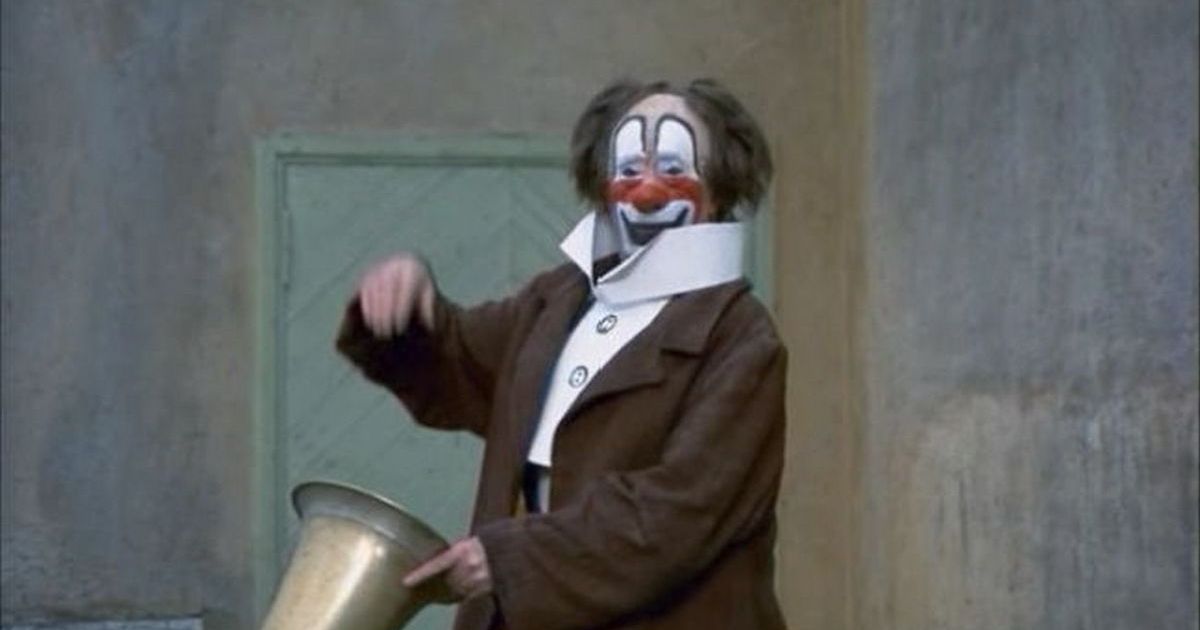
.jpg)






